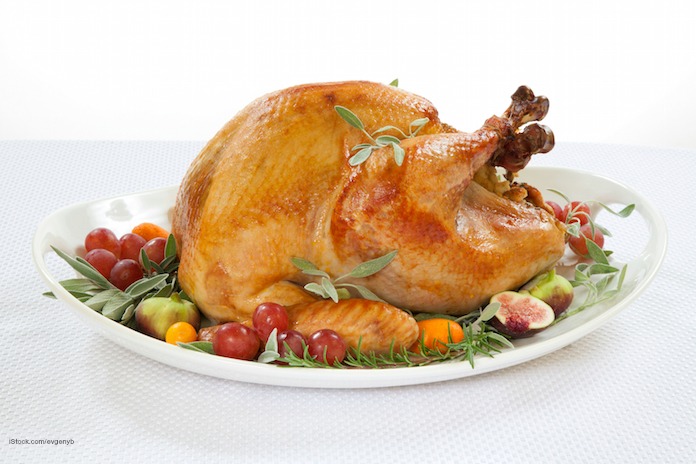Are you planning to fry your holiday turkey? If you are, there are some things you need to know. There have been many accidents and injuries associated with this type of cooking over the years. Learn how to fry a turkey safely with these tips.

The Consumer Product Safety Commission (CPSC) says that cooking fires are the number one cause of residential fires. And turkey fryers pose particular risks. Since 1998, there have been reports of 222 fire or scald/burn incidents involving turkey fryers. These incidents resulted in 83 injuries and $9.7 million in property loss. To protect yourself, only fry a turkey outside and well away from your home.
Prince William County has more tips on turkey frying. While Thanksgiving is the peak day for home fires caused by cooking, Christmas and Christmas Eve are second and third for these types of incidents.
While the food appliance industry has made great advances in the safety of turkey fryers, they are still hazardous to use, according to the National Fire Protection Association (NFPA). The amount of hot oil and the high temperatures used to cook that big bird to a safe final internal temperature are the issues associated with this type of cooking method.
The NFPA is discouraging the use of outdoor gas-fueled turkey fryers unless they are used by properly trained professionals at grocery stores, restaurants and other food retailers. Only professional quality equipment should be used by those groups.
The issues with turkey fryers are that hot oil can spill or splash onto the flame, igniting a fire. The most risky times during turkey frying are when putting the turkey into the hot oil, and when removing it. Another problem is that fryers designed for outdoor use with or without a stand are prone to collapse. Using a turkey fryer in close quarters is a burn hazard for children and others.
Everyone should know that cooking oil is combustible. If it is heated beyond its cooking temperature (375°F), the vapors can ignite. In addition, steam can occur if the hot oil is exposed to snow or rain, which can make the soil spatter, leading to burns. In addition, frozen or partially frozen turkeys can cause splattering or scalding steam.
Never ever use a turkey fryer in a garage or a barn, or on or under a deck, breezeway, porch, or any type of structure that could catch fire. If a grease fire does occur, never use water to extinguish it; this will only spread the flames. And get out and stay out of the house if there is a fire, and call 911.
Finally, whether you are deep frying a turkey or just using the kitchen, stay in the kitchen and be aware of what’s going on while you cook. Keep anything that can catch fire away from the stove, and turn off the stove if you leave the kitchen, even for a short period of time.
And remember to always cook all poultry to a minimum final internal temperature of 165°F and check that temperature with a reliable food thermometer. Be aware that almost all poultry is contaminated with some type of bacteria, usually Salmonella, so it must be handled carefully. Never rinse the bird before cooking, and avoid cross-contamination between the raw poultry and other foods and surfaces in your kitchen. Wash your hands and kitchen surfaces with soapy water after you finish working with raw poultry. Now that you know how to safely fry your holiday turkey, have a great holiday season.




